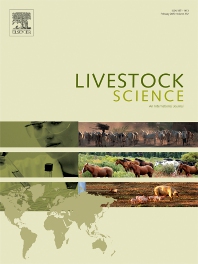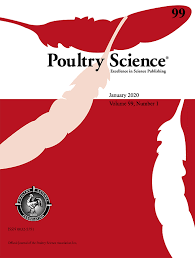Document type: scientific review published in Livestock Science
Authors: Tobias Kettrukat, Ewa Grochowska, Margrethe Therkildsen
Preview: Commercial rearing of broiler chickens can be coupled with compromised animal welfare. Selection for optimal productivity has led to decreased walking ability and associated welfare issues like contact dermatitis. The incubation temperature has previously been shown to affect the development of the locomotory system and can thus be seen as a candidate tool to influence walking ability. This review paper aims to provide an overview on effects of incubation temperature changes in early (week 1), mid-term (week 2) and late (week 3) embryogenesis on broiler muscle and bone development, and subsequent locomotory ability.A novelty in this paper is the discussion of the possible effect of incubation temperature manipulation on the welfare of broilers. Muscle tissue responds to increased temperatures during embryogenesis by proliferation, but this effect depends on the timing, as embryonic muscle development relies on the expression of regulatory factors and cell lines occurring at specific time points. Furthermore, breast and leg muscles respond differently, especially when different timings of temperature manipulation are compared. Leg bone growth seems to be promoted by increased incubation temperature, but the effect cannot clearly be separated from overall embryo growth. Data on the influence of the incubation profile on bone strength and mineralisation is limited and suggests a positive effect of higher temperature in mid-term embryogenesis, but not when applied over extensive periods. The reflection of the changes in bone and muscle development on walking ability has not been widely studied but a beneficial effect is possible due to the effect on muscle and overall body growth. Concluding, further studies to establish proper timing and temperature enabling beneficial changes in the muscle fibres and bones for improved walking ability are needed. This can be a way to make chicken meat production more sustainable and profitable due to fewer production losses and better animal welfare.






